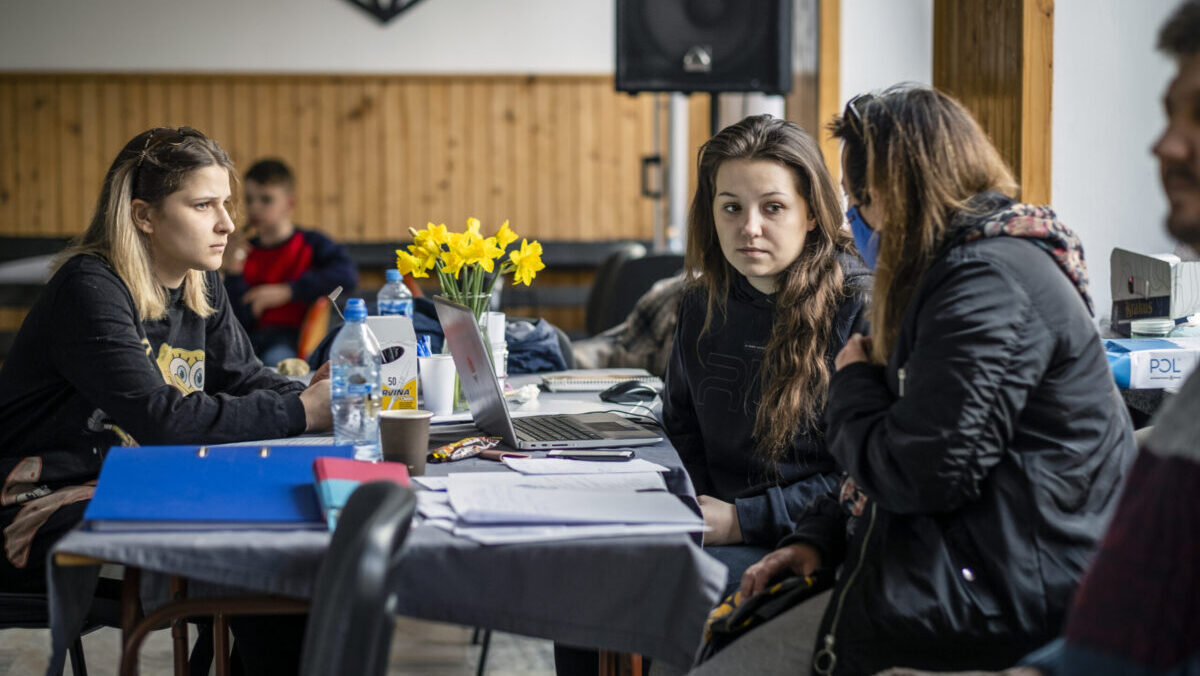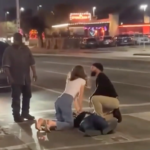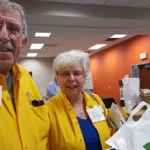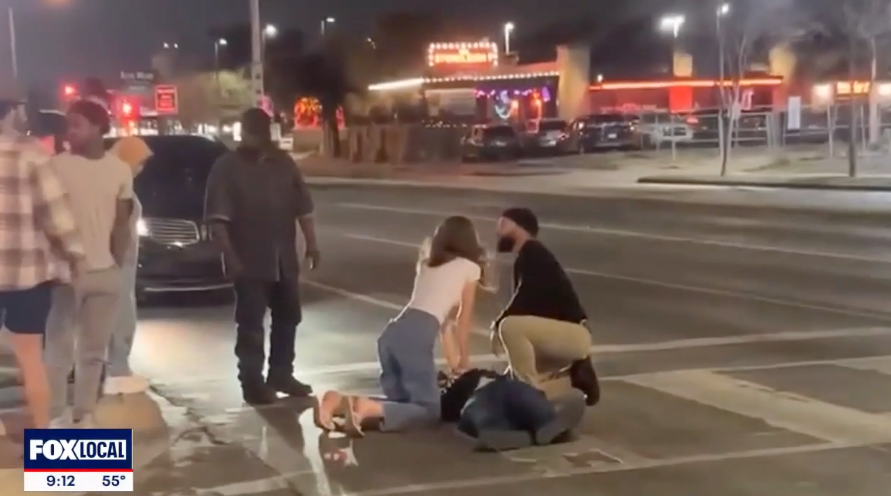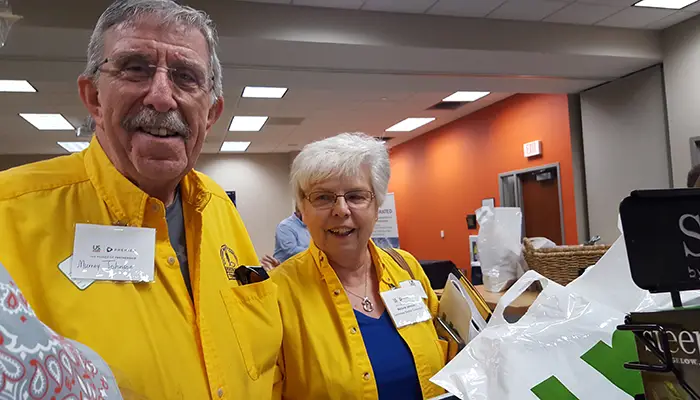How did Daniel of the Bible find contentment living in exile? Jesus healed a blind man; why didn’t He heal His best friend, Lazarus?
Women from Eastern Europe grappled with these questions in trauma-focused discipleship groups led by IMB missionary Leanne Stack.
Stack and her family had to move quickly out of a Central Asian country to Ukraine six months before the war started. As circumstances quickly escalated, they evacuated to another European country.
RELATED: For more stories on international missions, click here.
“There are lots of tears that I cried along with the refugees,” Stack said.
When Stack served in Central Asia, she realized almost every woman she spent time with experienced abuse and trauma. The abuse included sexual assault from teenage years onward and marriages marred by physical abuse.
Sadly, abuse happens even among believers. The abuse prevented them from having a healthy view of God and salvation.
Listening to their stories, Stack was overwhelmed. She decided to study counseling online.
Lament
Where she currently serves, Stack started hosting trauma-focused discipleship groups with Ukrainians and other Eastern European women. She first used existing content, but most were intended for events that happened in the past, not trauma that is ongoing or recently experienced. Stack and the original creators of the curriculum decided to write stories about trauma and conflict for people currently experiencing it.
Biblical lament is a strong theme of the stories. The Psalms are full of biblical lament.
“The Bible doesn’t use the word trauma, but it speaks so much to trauma,” Stack said. “If you think about all the stories that are traumatic, and the themes of loss and grief and distress and terror and fear and evil, suffering is all over the Bible.”
Like many biblical characters, Ukrainian refugees lost their homes and continue to live separated from their families. Many experienced bombings and were in actual danger for their lives.
Stack also began meeting with women whose husbands had served in jail for peaceful political protest and had to escape with little warning.
Stack found oral storytelling effective for trauma survivors. She shares the story of Jesus calming the storm, Job interacting with his friends, Elijah escaping for his life, Jesus feeding the 5,000, and Jesus raising Lazarus from the dead. Group participants first hear the story told aloud, learn the story, act it out and then discuss it. They are encouraged to share the story with someone.
In addition to the story of Lazarus, Stack led the women through a character study on Daniel as an example of someone who was fruitful in exile. Like Daniel, the Eastern European refugees will likely spend much of their lives in exile.
The story of Lazarus resonated with the Ukrainian refugees. The women identified with the confusion of the disciples and Mary and Martha, who wondered why Jesus let Lazarus die when He could have healed him.
The Ukrainian women fled the land they loved, lost friends and houses, and many are still separated from their husbands. Two years later, the war continues.
“There’s often this deep confusion when God, in His sovereignty, allows terrible things to happen,” Stack said.
Jesus approached Martha and Mary individually and intentionally. He had a theological conversation with Martha, but just wept with Mary. Stack points out how Jesus displayed God’s heart for them as He joined them in weeping, even though He knew He was about to raise Lazarus from the dead.
Lazarus’ story ends on a happy note, but Stack said it’s important not to jump to the takeaway, “God’s working all things together for His good,” without allowing time and space for lament.
“Even when our situations aren’t resolved, we can know Jesus’ heart for us,” she said. “His main goal, and what is our greatest good is to see the glory of God and to know Him as the resurrection and the life and know the fullness of who He is.”
Monumental discovery
The home Natasha’s family built was lost in a bombing. As a minister’s wife, she felt she didn’t have permission to grieve. She needed to be quick to point to the Lord’s providence.
Stack explained that sending text messages with a Bible verse superimposed on the image is popular in Slavic countries. The photos have Bible verses like Romans 8:28: “And we know that for those who love God, all things work together for good, for those who are called according to His purpose.”
Friends would send Natasha well-intentioned messages like these, and it angered her. She told Stack she’d get so mad she’d throw her phone down.
Natasha knew their intentions were kind, and that the Bible verses were true, but it seemed like they were using Scripture to tell her, “Don’t be sad.”
Natasha interacted deeply in the trauma-based discipleship group. Reading Psalm 62 taught her she could always pour her heart to the Lord. It was a monumental discovery to learn she could grieve before God, grieve with God, and let her children grieve.
In her grief, Natasha also provided a safe space for Svetlana, a 13-year-old girl in the group. Stack marveled at how beautifully Natasha ministered to Svetlana.
Svetlana joined the group with her grandmother. Her mother died, and her father had to remain in Ukraine to serve in the military. After the group meetings, Svetlana called her father to share what she had learned. Natasha comforted and cared for her and let her sit in a place of lament.
“I’m thankful to the Lord for the meetings and for the close fellowship I had with you,” Natasha wrote in a text to Stack. “Thank you, Leanne, for the course, which is biblical and heals our wounded hearts. Every Thursday, I receive a therapeutic dose of hope.”
EDITOR’S NOTE — This story was written by Tessa Sanchez and originally published by the International Mission Board.

